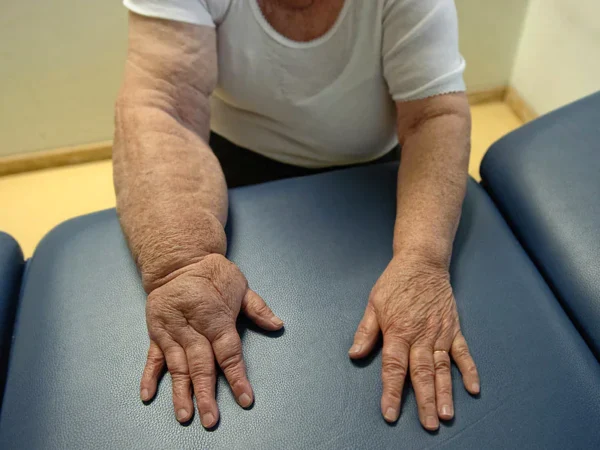

From: 100.00$
The Iran Health Clinic is a reputable medical center that specializes in providing advanced fat transfer treatment to its patients. With a team of experienced doctors who have been trained in the latest fat transfer techniques, the clinic is committed to delivering high-quality care that is tailored to meet the unique needs of each patient.
Using state-of-the-art technology and equipment, the clinic can perform fat transfer procedures that are safe, effective, and minimally invasive. Whether you are looking to restore volume to your face, increase the size of your breasts, or enhance your buttocks, the Iran Health Clinic can help you achieve your desired results.
With a warm and welcoming environment, the clinic strives to make every patient feel comfortable and relaxed throughout their entire treatment process. If you are looking for a trusted medical center for your fat transfer needs, then the Iran Health Clinic is the right choice for you.
Lymphatic surgery encompasses a range of surgical procedures designed to address lymphatic system disorders, such as lymphedema. These procedures aim to improve lymphatic drainage, reduce swelling, and enhance overall lymphatic function.
Lymphatic surgery is suitable for individuals with lymphatic system disorders, such as lymphedema, which may result from cancer treatment, trauma, or other causes. It is often considered for patients experiencing persistent swelling and impaired lymphatic function.
Lymphatic surgery may not be suitable for individuals with certain advanced medical conditions that may pose significant surgical risks, as well as those with minimal or manageable lymphatic swelling that does not warrant surgical intervention.
Only logged in customers who have purchased this product may leave a review.
Lymphatic surgery encompasses a range of surgical procedures designed to address lymphatic system disorders, such as lymphedema. These procedures aim to improve lymphatic drainage, reduce swelling, and enhance overall lymphatic function.
Lymphatic surgery is suitable for individuals with lymphatic system disorders, such as lymphedema, which may result from cancer treatment, trauma, or other causes. It is often considered for patients experiencing persistent swelling and impaired lymphatic function.
Lymphatic surgery may not be suitable for individuals with certain advanced medical conditions that may pose significant surgical risks, as well as those with minimal or manageable lymphatic swelling that does not warrant surgical intervention.
There are no reviews yet.
Only logged in customers who have purchased this product may leave a review.
Choosing the right hospital and physician are important factors to consider that significantly influence a patient’s treatment. The preferred choice for many patients is choosing private care.
Choosing the right hospital and physician are important factors to consider that significantly influence a patient’s treatment.
Reviews
There are no reviews yet.